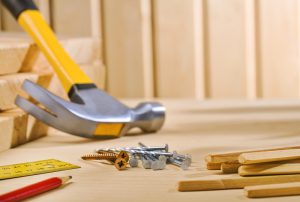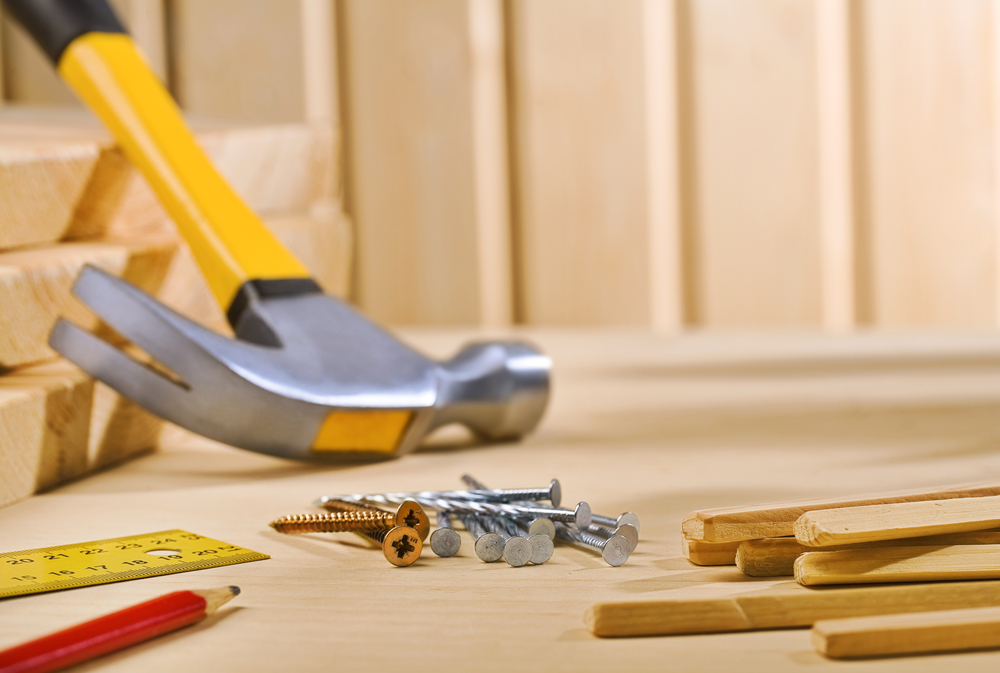 For many consumers, their home is their single largest and most important investment in their future.
For many consumers, their home is their single largest and most important investment in their future.
Because of this, homeowners are often advised to make home improvements and often consider borrowing money on their mortgage for this purpose. Especially if they’re thinking of selling their home in the near future.
The question they often find themselves asking is this: “what improvements can I make that are both cost effective and will improve the equity in my home?”
While the final decisions should be made by you, your realtor and your contractor, here are four common home improvements that can help your home equity.
1. Don’t Skimp on Maintenance
It’s may not be the sexiest of improvements but performing routine maintenance and upkeep are critical to maintaining the value of your home. It can also save thousands in the long run.
Remember, the Italian tile in your upstairs bathroom won’t help much if the leaking faucet causes water damage that causes the subfloor to collapse into your living room.
2. Start in the Kitchen
Kitchens are a great way to add value to a home without breaking the bank. That’s because you may not need to fully rehab your kitchen. Simply upgrading old appliances can improve the desirability of a home, and improve its energy efficiency. Sometimes even cosmetic improvements like new hardware on old cabinets can make a great impression without needing to spend a fortune.
3. Know Your Neighborhood
When making upgrades it’s important to keep your renovations in line with the overall price range of the neighborhood. Let’s say the average value of a home in your area is $100,000. If you can make $10,000 worth or repairs to a $70,000 home to make it competitive. Great! If you spend $50,000 to bring the value of the home up to $150,000, you run this risk of pricing yourself out of being competitive.
Also, make sure that your improvements fit your region. A stucco home may look lovely in warmer climates, but it may look out of place in New England.
4. Tear Down That Wall
Many older homes are divided into smaller rooms and sections. However, a more modern sensibility may call for an open floor plan. Knocking down walls can be a simple yet effective way to open up a space and make it more inviting. Just make sure that you aren’t removing a load-bearing wall or interfering with plumbing, gas or electrical systems. Otherwise you could cause more harm than good.
Talk to an Expert
Before making any decisions regarding your home equity, talk to us.
DebtHelper.com’s HUD approved counselors can serve as an impartial guide to help you make the best decision for you and your home. Ready to get started? Schedule a free counseling session today or call us at 800-920-2262.





